Electrolyte Drinks: How Much Do You Need Them?
Electrolyte drinks are a popular choice for hydration, especially for those who are active or need to replenish lost fluids and minerals. But what exactly are electrolyte drinks, and do you really need them in your diet?
What Are Electrolytes?
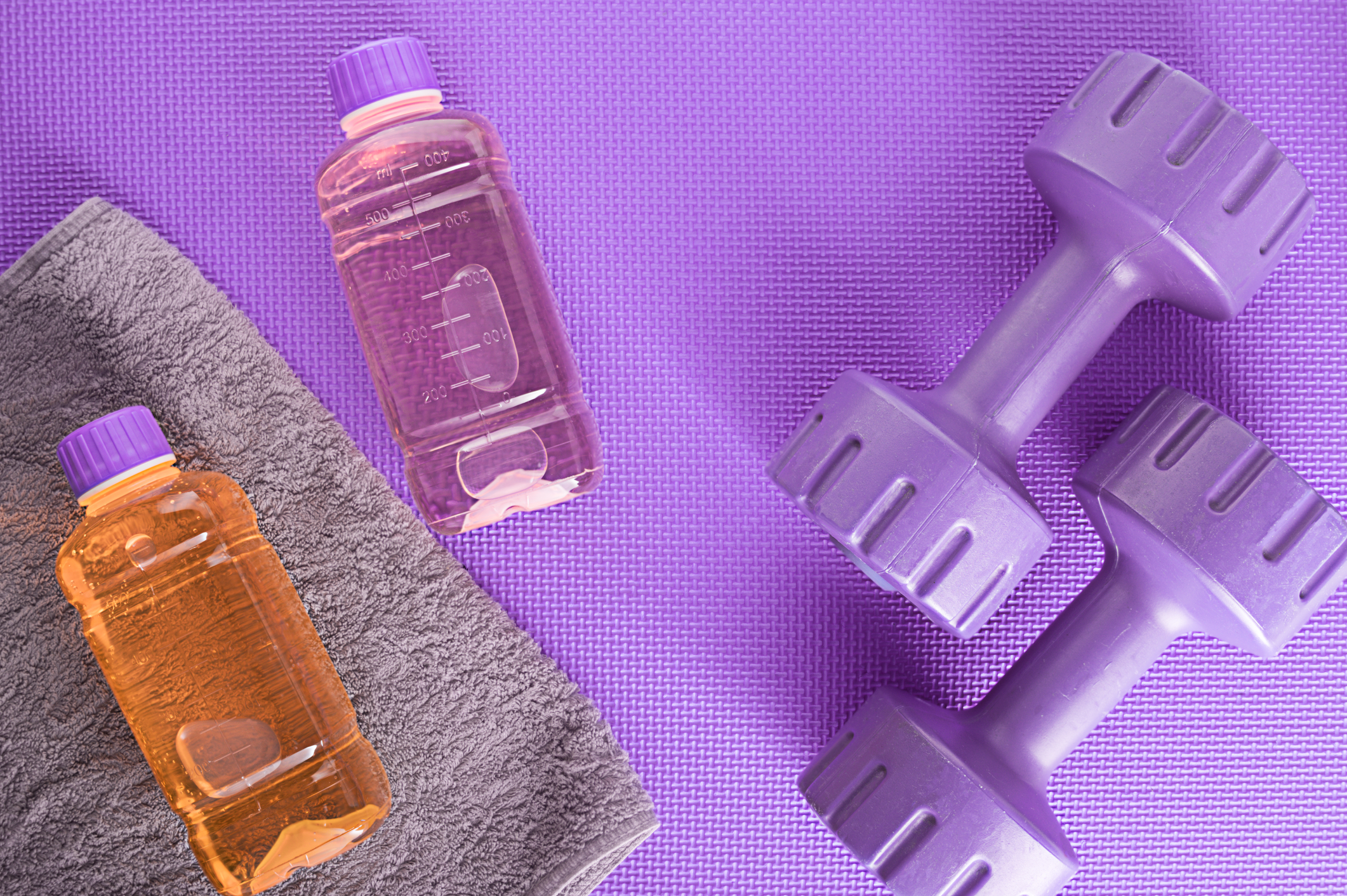
Electrolytes are minerals that carry an electric charge and are vital for many bodily functions, including muscle contractions, fluid balance, and nerve signaling. Common electrolytes include sodium, potassium, calcium, magnesium, chloride, and phosphate. They are naturally present in your blood, sweat, and urine.
Why Do We Need Electrolyte Drinks?
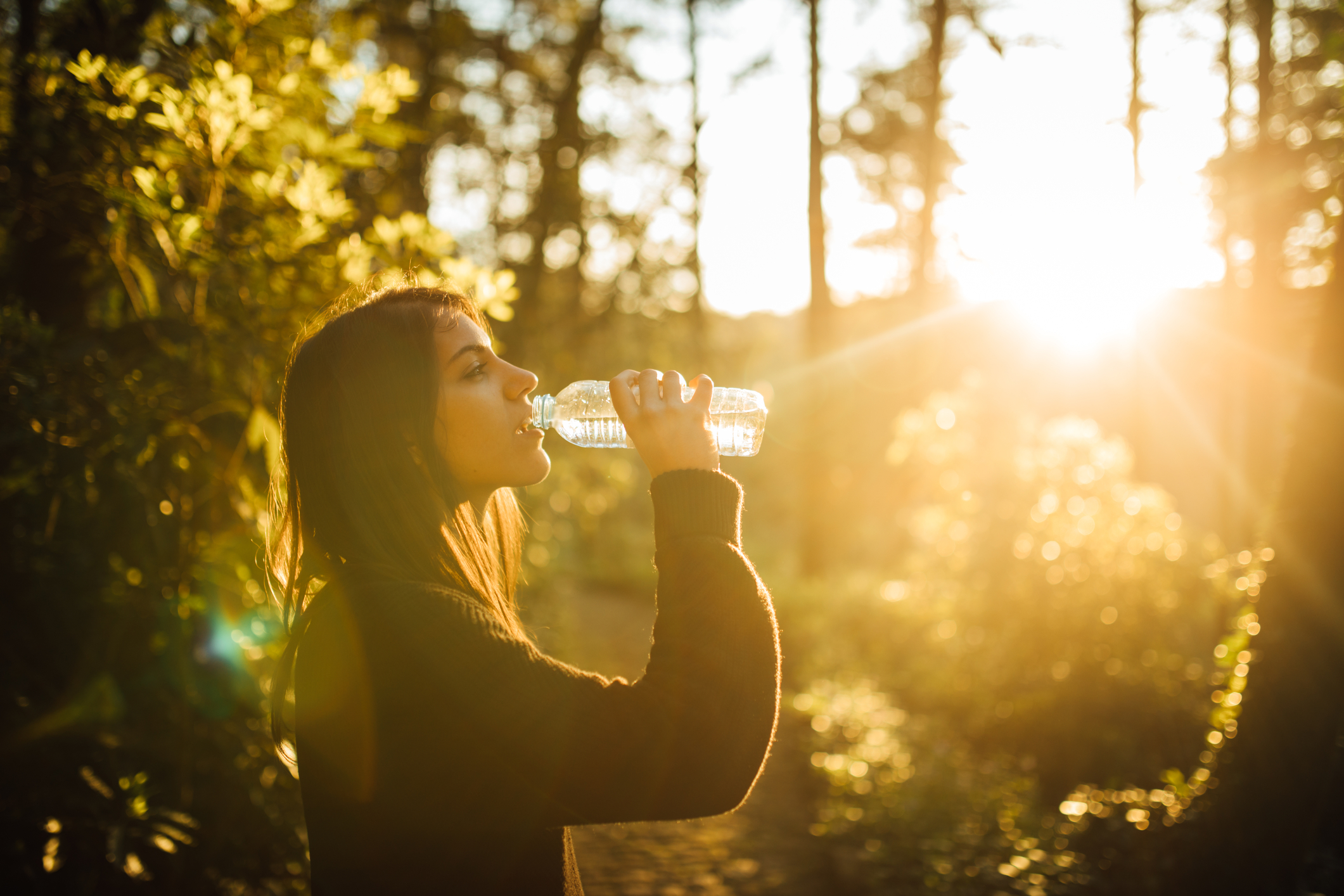
Electrolyte drinks are designed to replace lost fluids and electrolytes, especially after intense physical activity, sweating, or illness that leads to dehydration. Athletes, outdoor workers, or anyone engaged in strenuous activities can benefit from these drinks. They help maintain hydration levels, boost energy, and support muscle function.
Types of Electrolyte Drinks
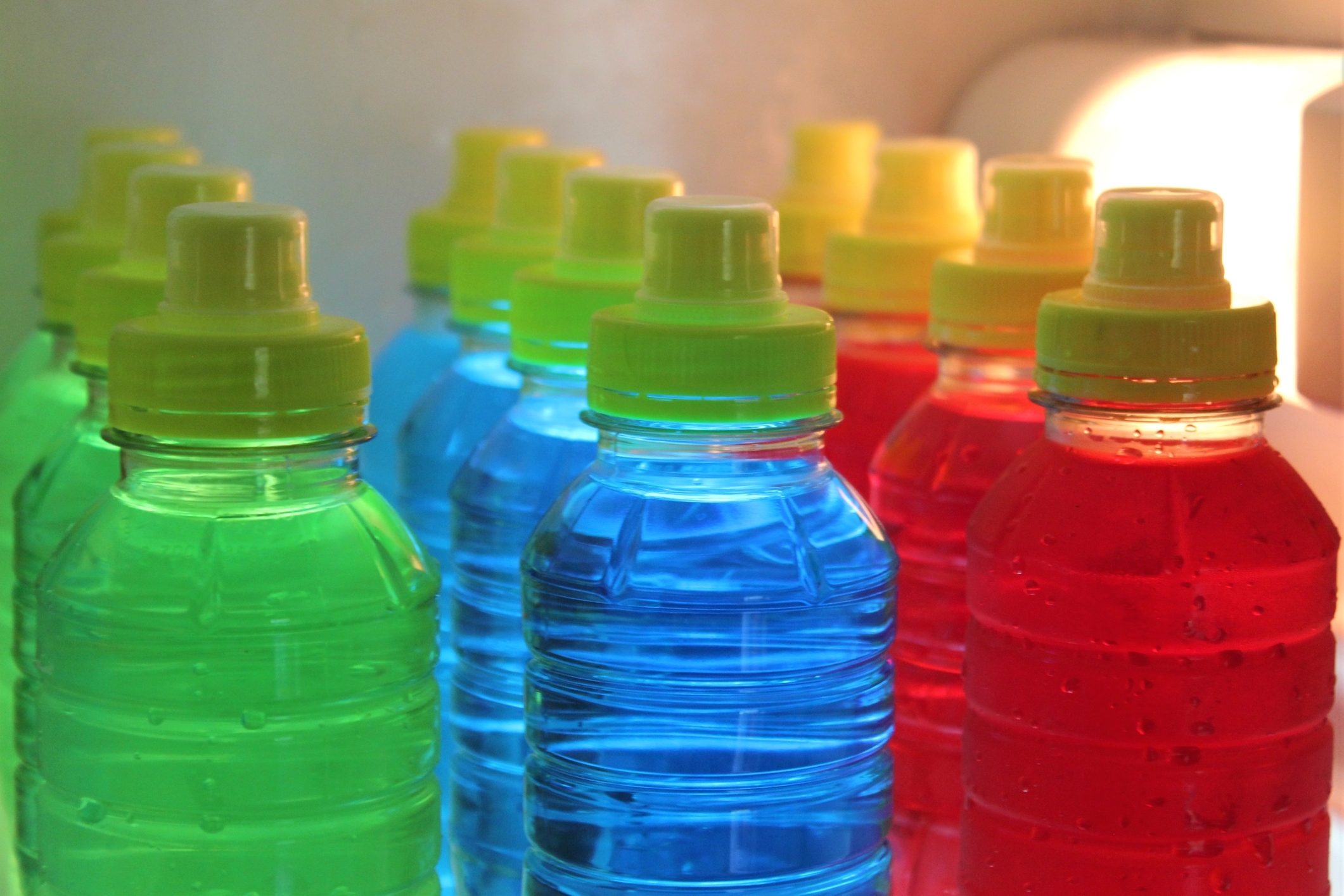
There are various types of electrolyte drinks, ranging from sports drinks like Gatorade to electrolyte water and powders that you can add to your beverage. Some are high in sugar and calories, while others are low-calorie or sugar-free options for those mindful of their intake.
Benefits of Electrolyte Drinks
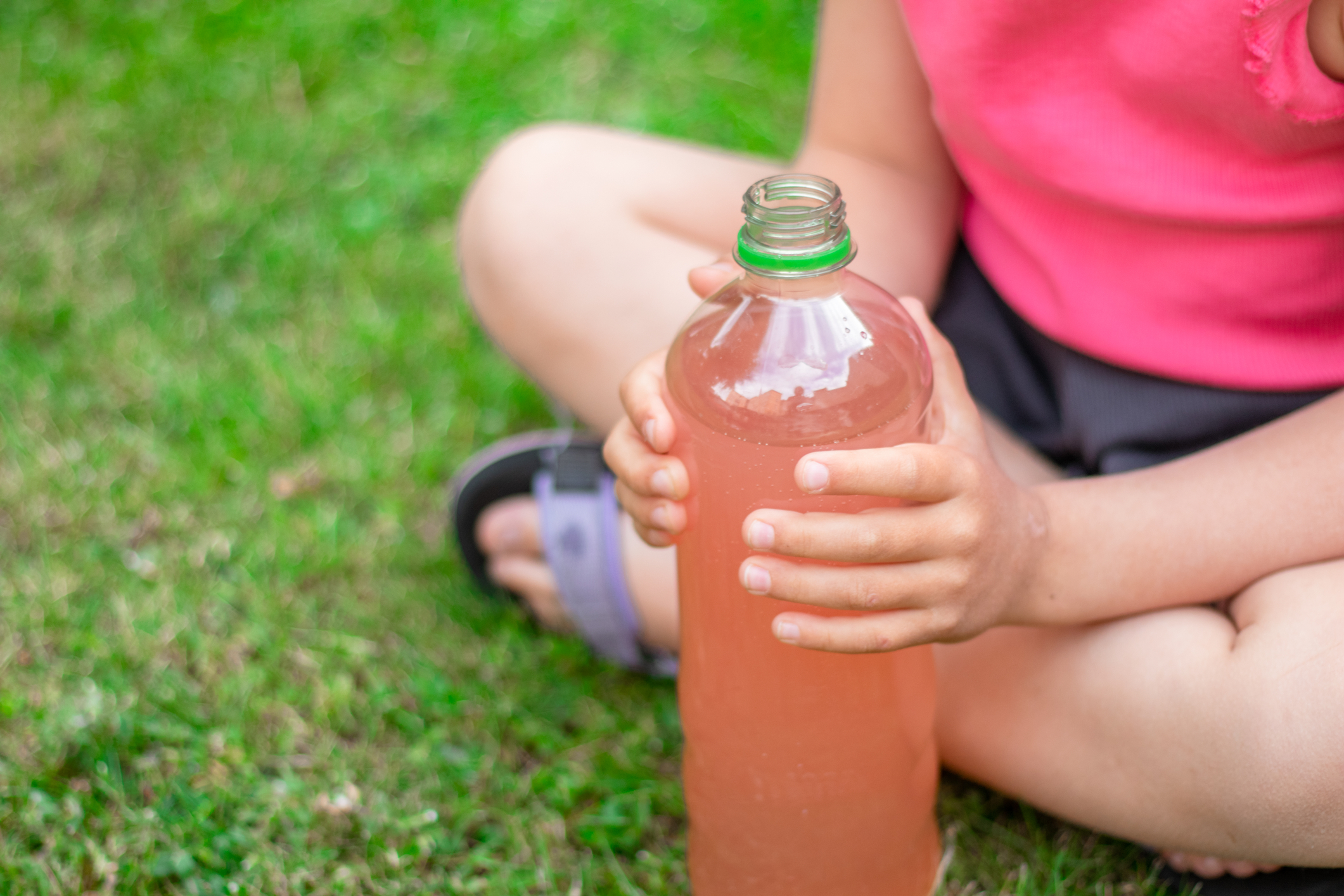
There are a number of benefits believed to come from the consumption of electrolyte drinks. For instance:
- Hydration: Electrolyte drinks help rehydrate the body more effectively than plain water, especially when there is significant fluid loss through sweat.
- Muscle Function: They support muscle contractions and reduce the risk of cramps during or after exercise.
- Energy Boost: They provide carbohydrates for energy, helping to sustain performance during prolonged activities.
Are They Always Necessary?
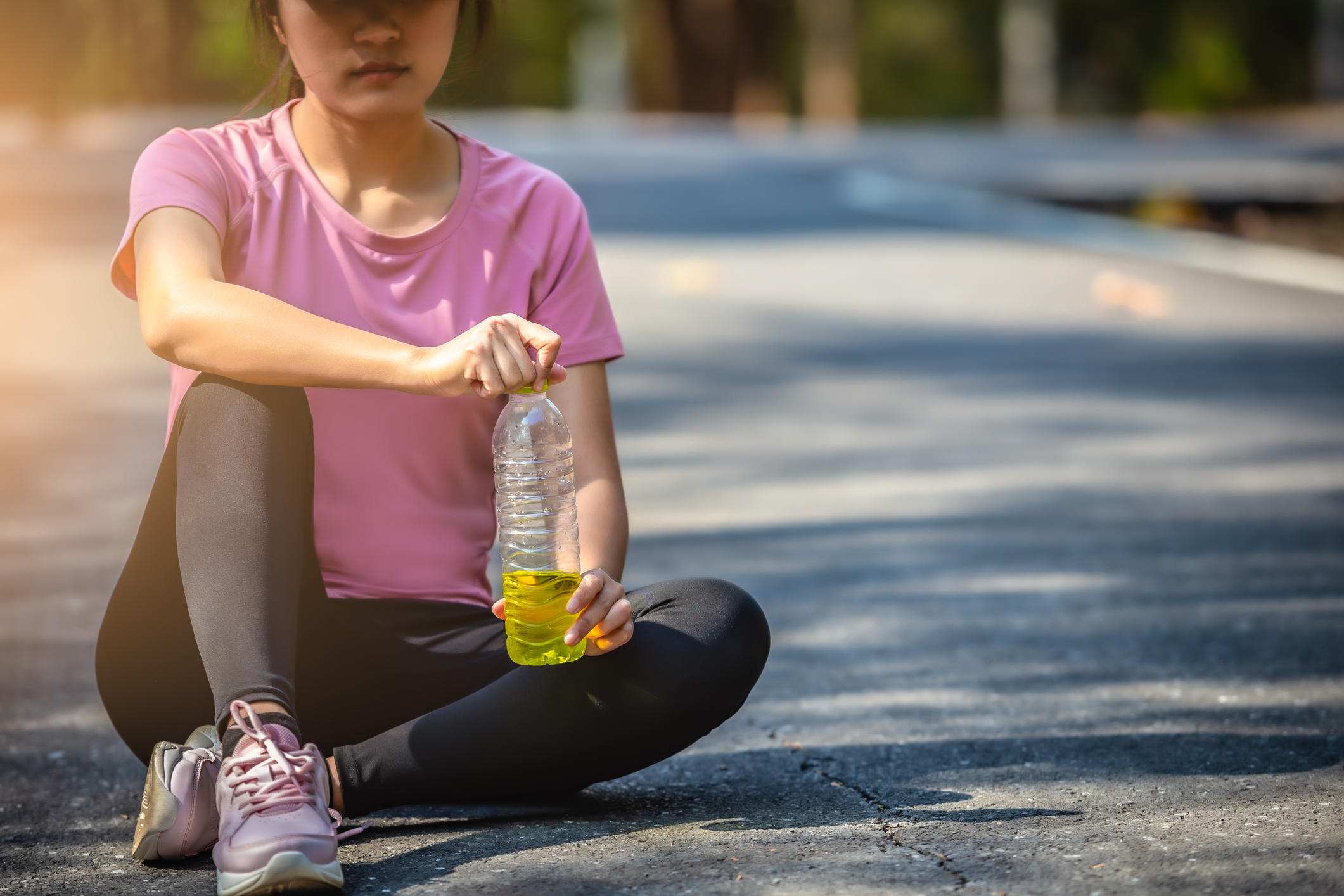
For light or moderate exercise under an hour, plain water is usually sufficient. However, for prolonged activities, hot weather conditions, or when you are ill, electrolyte drinks can be beneficial. It’s essential to choose one that aligns with your dietary needs, avoiding those with excessive sugars if you’re monitoring your calorie intake.
Potential Downsides of Electrolyte Drinks
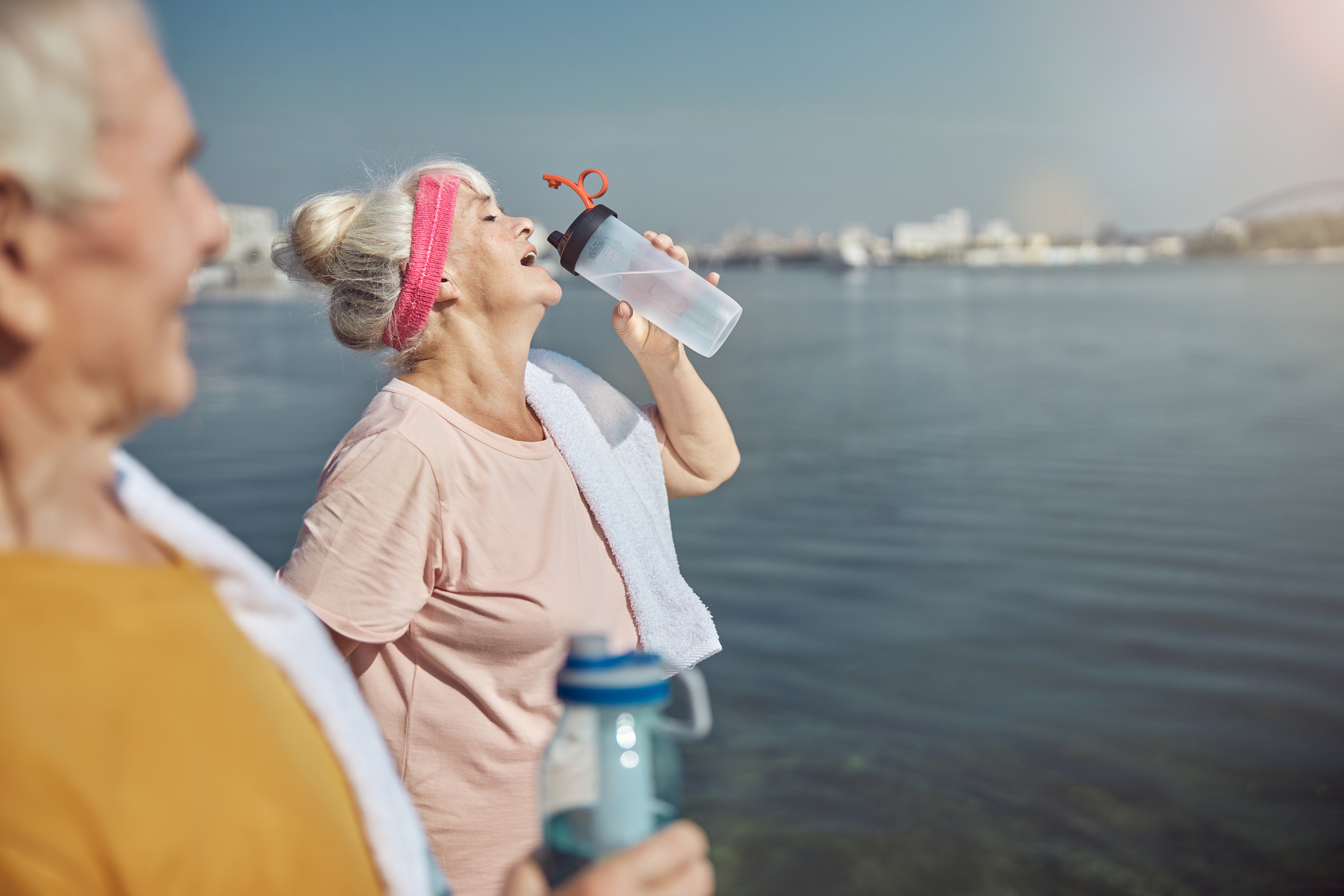
While electrolyte drinks can be beneficial, they also have potential downsides. Many commercial sports drinks contain high levels of sugar and artificial ingredients, which can contribute to weight gain and other health issues if consumed in excess. It’s important to read labels and opt for options that suit your needs, especially if you’re monitoring your sugar intake or have specific dietary restrictions.
DIY Electrolyte Drinks
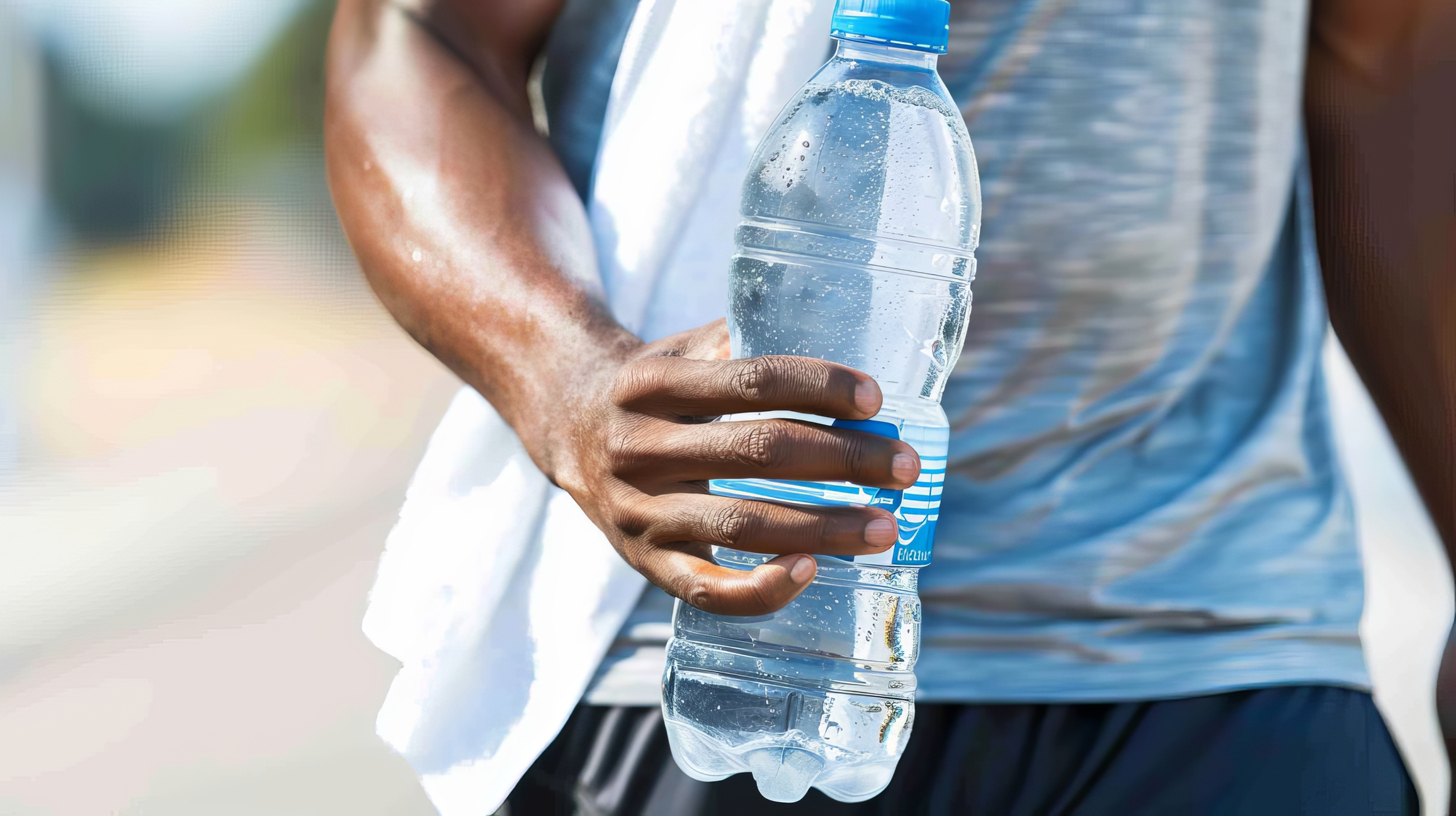
If you’re looking for a healthier alternative, consider making your own electrolyte drink at home. A simple recipe can include water, a pinch of salt, a squeeze of lemon or lime juice, and a small amount of honey or maple syrup for natural sweetness. This homemade option allows you to control the ingredients and tailor it to your taste and nutritional needs.
Who Should Use Electrolyte Drinks?
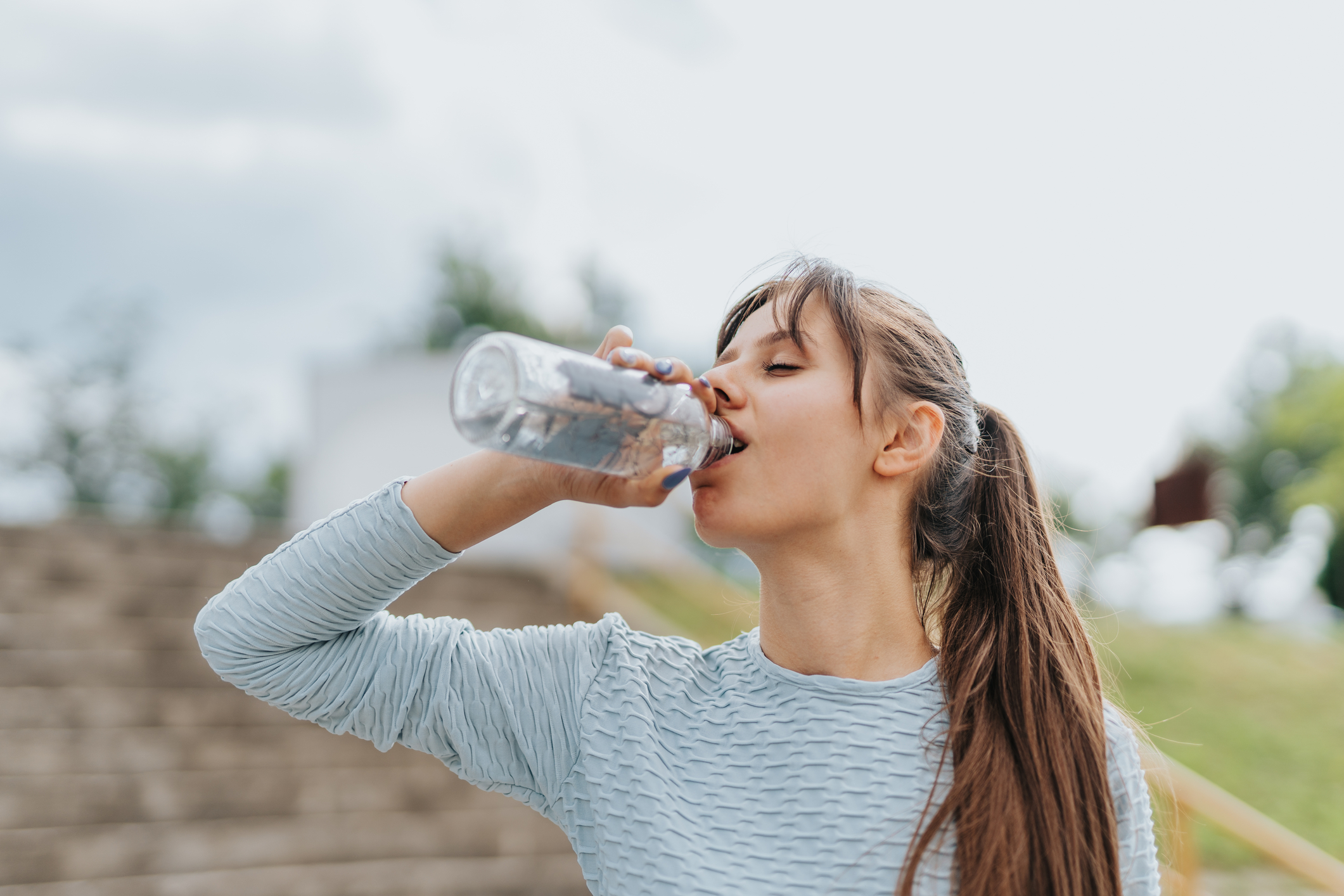
While electrolytes are important for everyone, there are cases where they may be more important and helpful than otherwise. For instance:
- Athletes: Those engaging in prolonged or intense exercise benefit significantly from electrolyte drinks.
- Individuals in Hot Climates: High temperatures can increase sweat loss, making electrolytes crucial for hydration.
- People with Illness: Vomiting, diarrhea, or fever can cause rapid loss of electrolytes, necessitating replenishment.
- Older Adults: As people age, the body’s ability to regulate fluid balance diminishes, making electrolytes important for maintaining proper hydration levels.
What to Remember
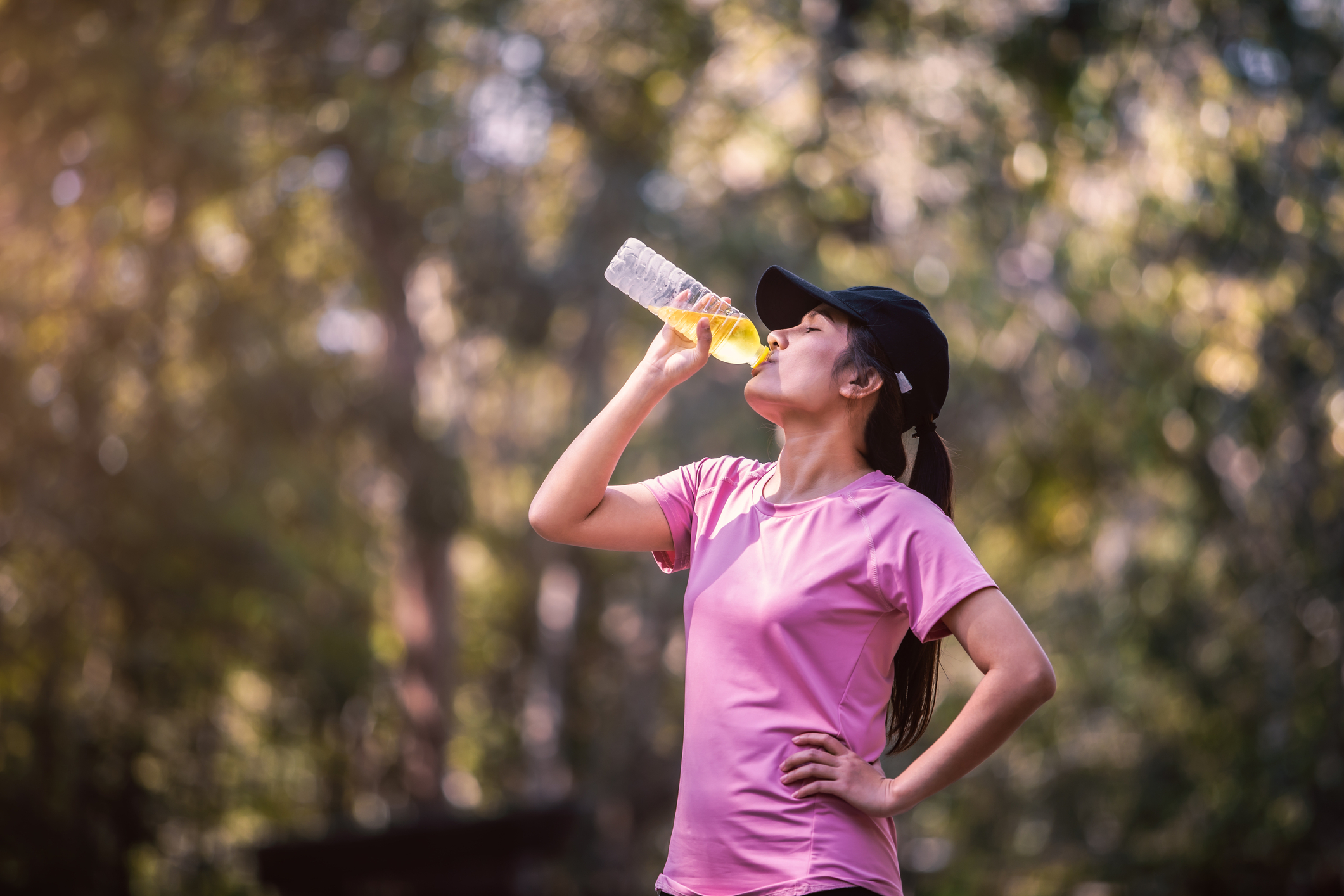
Electrolyte drinks can play a valuable role in staying hydrated, especially for those with high activity levels or specific health needs. However, they should be used appropriately and not as a replacement for water in daily hydration. Always consider your activity level, health condition, and nutritional requirements when selecting an electrolyte drink.